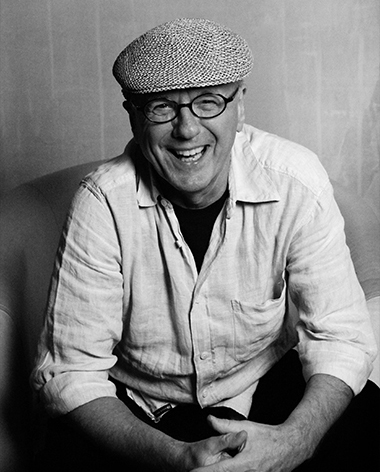Verborum Editions
The publishing site of David Lindley

Writing is my second profession. My first profession is dreaming.
Blaise Cendrars
A sort of café, a place...
... to file my notes and work in progress, and drop off my published books. Another place to read and write and think. A sort of internet café of one.
Why write? is an easier question to answer than Why publish? ‘Only writing,’ wrote Eric Hoffer, ‘– any sort of writing – can justify my existence.’ But when you decide to publish, you are obliged to examine just how much of that decision is vanity, how much is delusion, how much you need the acknowledgement of others against the sufficiency of having the finished copy in front of you.
Mike Heppner, who gave away his book in cafés, said: ‘I've learned that no one is ever going to say thank you. You have to do what you want to do, and you'll get compensation or you won't. It's worth doing, or it's not.’
Here I sit. If you're there, welcome to the café.

Poetry
Published poems and some new ones

Philosophy
Essays and aphorisms... thoughts and reflections, some that got made into a book

Translations
A verse translation of the Bhagavad Gita, poems, and some work in progress